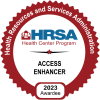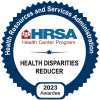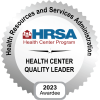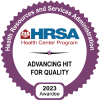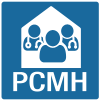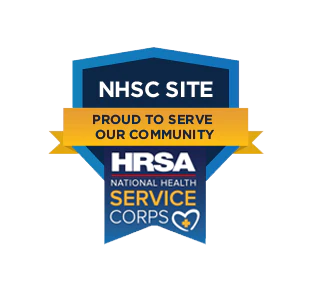
This post was written by Shanleigh Bechard, MS, NCC, LPC, a behavioral health therapist at Beloit Area Community Health Center. She currently is accepting new patients.

It can be appropriate and even healthy to feel sad from time to time, as life includes ups and downs. But it can sometimes be tricky to distinguish between feeling a little low and experiencing something more significant, such as a mood disorder.
What’s the difference between sadness and depression? If the following symptoms are present for a period of at least two weeks or longer, it may be an episode of major depressive disorder:
- Low, sad, empty, or hopeless mood most of the time
- Loss of interest or pleasure in activities
- Changes to appetite or weight
- Changes to sleep
- Fatigue or low energy
- Feelings of worthlessness or excessive guilt
- Difficulties with concentration
- Suicidal thoughts or behaviors
Things to keep in mind
Here are a few things to keep in mind:
- Are symptoms causing distress or impairment at work, in personal relationships, and/or other areas of life?
- Can symptoms be attributed to a medical condition or substance use?
- Has the individual experienced a recent loss in their life?
- Are the presenting symptoms different from the individual’s baseline mood?
- Are there other important factors, such as cultural considerations?
Regardless of if someone meets the diagnostic criteria for depression (or any other mental health disorder), mental health services can be beneficial for many.
Contrary to popular belief, there does not need to be anything “wrong,” to seek out services. In fact, for some, therapy may be more effective if started early, and can even be thought of as preventative or routine care. Similar to medical or dental check-ups, mental health care can be a healthy part of any wellness plan.
If you or someone you know is struggling, call our clinic to schedule an appointment at
(608) 313-3372. Help is available.






